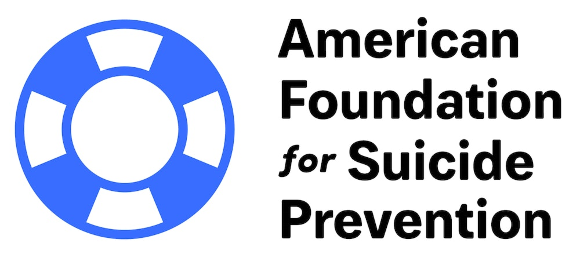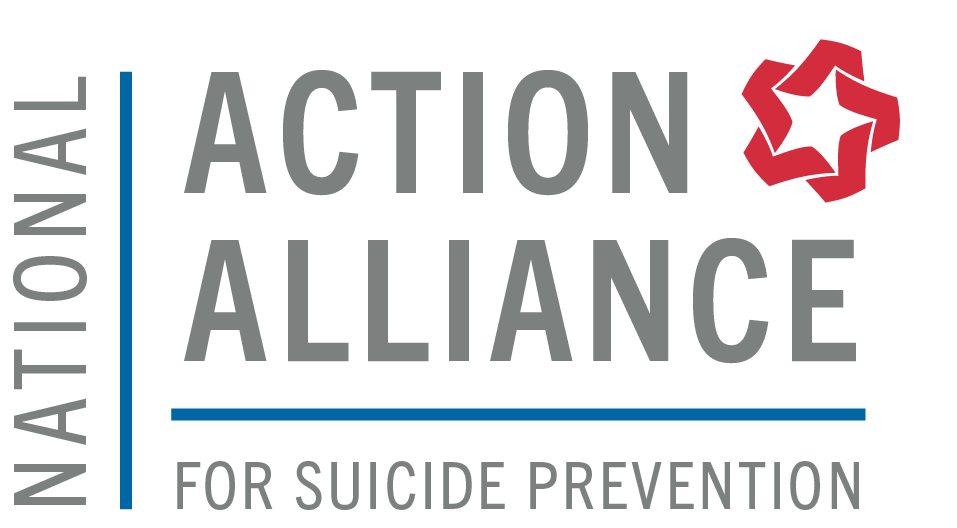About the Project
Research matters - especially when it comes to messaging. We must better understand the attitudes, beliefs, and perceptions about mental health and suicide prevention if we are to messaging effectively and clearly to the public.
That’s why, the American Foundation for Suicide Prevention (AFSP), the National Action Alliance for Suicide Prevention (Action Alliance) at EDC, the Suicide Prevention Resource Center (SPRC), has collaboratively united in 2015, 2018, 2020, 2022, and again in 2024 to conduct regular national polling to get a better sense about the public's perceptions of mental health and suicide prevention—and use this information to inform and transform our nation's narrative about these important growing public health issues.
The Partners

American Foundation Suicide Prevention (AFSP)
AFSP is dedicated to saving lives and bringing hope to those affected by suicide. AFSP creates a culture that’s smart about mental health through education and community programs, develops suicide prevention through research and advocacy, and provides support for those affected by suicide. Led by CEO Robert Gebbia and headquartered in New York, and with a public policy office in Washington, D.C., AFSP has local chapters in all 50 states with programs and events nationwide.
Learn more about AFSP in its latest Annual Report, and join the conversation on suicide prevention by following AFSP on Facebook, Twitter, Instagram, and YouTube.

National Action Alliance for Suicide Prevention (Action Alliance)
The Action Alliance is the public-private partnership working to advance the National Strategy for Suicide Prevention and make suicide prevention a national priority. The Substance Abuse and Mental Health Services Administration (SAMHSA), through the Suicide Prevention Resource Center (SPRC) grant, provides funding to Education Development Center (EDC) to operate and manage the Secretariat for the Action Alliance, which was launched in 2010.
Learn more at the Action Alliance website and join the conversation on suicide prevention by following the Action Alliance on Facebook, Twitter, LinkedIn, and YouTube.

Suicide Prevention Resource Center (SPRC)
SPRC is the only federally funded resource center devoted to advancing the implementation of the National Strategy for Suicide Prevention. SPRC is supported through a grant from the U.S. Department of Health and Human Services’ Substance Abuse and Mental Health Services Administration (SAMHSA). SPRC builds capacity and infrastructure for effective suicide prevention through consultation, training, and resources for state, tribal, health/behavioral health, and community systems; professionals and professional education programs; and national public and private partners and stakeholders.
SPRC is housed at the University of Oklahoma Health Sciences Center (OUHSC). Follow SPRC on Facebook, Twitter, LinkedIn, and YouTube.
About the 2022 Survey Methodology
This survey was conducted online within the United States by The Harris Poll on behalf of the National Action Alliance for Suicide Prevention, the American Foundation for Suicide Prevention, and the Suicide Prevention Resource Center from July 18 - 20, 2022 among 2,054 U.S. adults ages 18 and older. This online survey is not based on a probability sample and therefore no estimate of theoretical sampling error can be calculated.
Figures for age within gender, region, race/ethnicity, household income, education, marital status, and size of household were weighted where necessary to align them with their actual proportions in the population. Propensity score weighting was used to adjust for respondents' propensity to be online.
Respondents for this survey were selected from among those who have agreed to participate in Harris Poll surveys. The data have been weighted to reflect the composition of the adult population. Because the sample is based on those who agreed to participate in panels, no estimates of theoretical sampling error can be calculated.
The 2020 research was conducted utilizing the same research method among n=2,072 US Adults between July 22 - 24, 2020 – similar to the 2018 research among n=2,015 US Adults between August 28 - 30, 2018. No edits were made to the trended questions between 2018 and 2020.
Take Action
Now that you know the facts, learn more about the data and take action to strengthen suicide prevention and mental health.